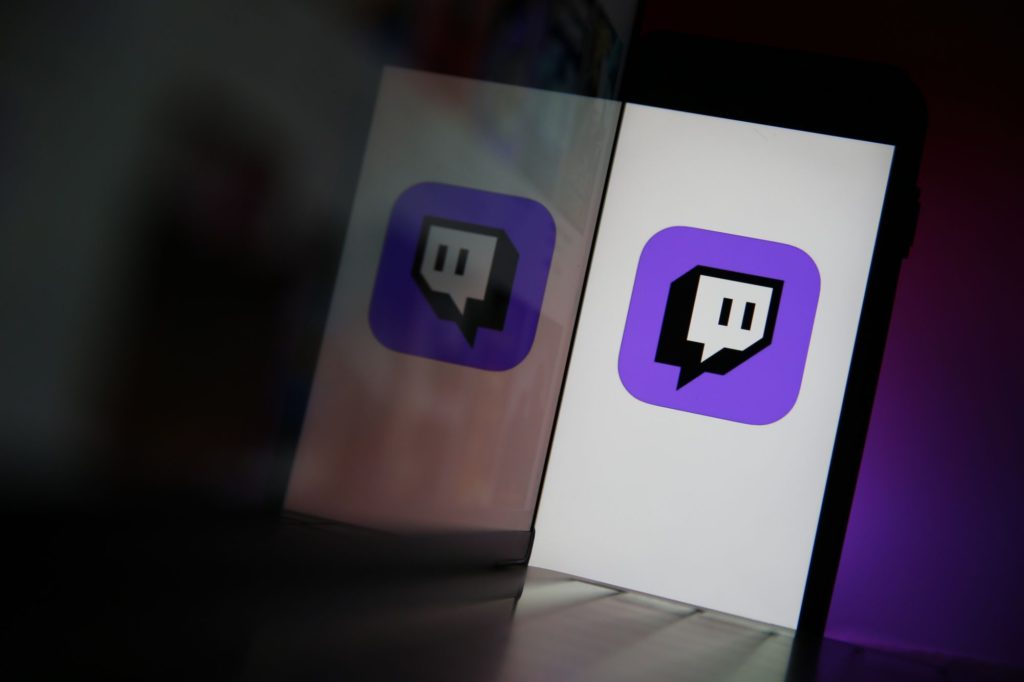(Bloomberg) — The senior vice president of global creators at Twitch told employees she is leaving the company on the same day it announced changes to how the video game streaming platform will pay top talent.
(Bloomberg) — The senior vice president of global creators at Twitch told employees she is leaving the company on the same day it announced changes to how the video game streaming platform will pay top talent.
In a letter to employees Wednesday obtained by Bloomberg, Constance Knight said she is embarking on a “new adventure that provides exciting growth opportunities for me both professionally and personally” that is also “in the creator space.” Knight previously held similar positions at Instagram and YouTube.
Knight resigned after Amazon.com Inc.-owned Twitch announced that it’s reducing the amount of money its biggest streamers can earn from subscriptions. Online celebrities, like Tyler “Ninja” Blevins, have been able to earn sometimes millions of dollars playing games and chatting with fans with an agreement that had offered them as much as 70% of revenue from fan’s subscriptions to their channels.
But in a move to boost profitability, Twitch President Dan Clancy said in a blog post that, starting next June, these top streamers will receive 70% of the revenue up to $100,000 earned, and then drop down to the standard 50/50 split. Bloomberg News reported on the planned changes to revenue sharing in April.
“We can’t run this service unless you make money,” Clancy said. “That’s not a drawback; it’s by design. This innate partnership is why we support all streamers’ careers and ambitions like they’re our own.” Clancy said the “vast majority” of Twitch streamers operate with the 50/50 revenue split. A lack of transparency and inconsistency in who gets what deals–and on what terms–prompted the need for a revamp of the policy, he said.
Twitch declined to comment on Knight’s resignation or sentiment at the company, and it isn’t clear if Knight’s departure is tied to the pay issue.
The changes have exacerbated concerns among current and former employees that Twitch and Clancy are falling out of touch with the content creators who draw, at any time, 2.5 million concurrent viewers to the platform. Although only a small number of livestreamers benefit from the premium subscription model that allowed them to earn more, Clancy noted that more than 22,000 streamers were hoping Twitch would opt to move them all to a 70/30 split. Twitch deviates from rivals in the industry, as YouTube Gaming skims 30% off its premium subscription product while other platforms like OnlyFans or Patreon take 20% or less.
Clancy said Twitch is expensive to run. Unlike TikTok and YouTube Gaming, Twitch broadcasts 2.5 million hours of live content every day, across the world. The technology, provided by Amazon Web Services, necessary to support long-form live video on this scale is costly, he said. Amazon acquired Twitch in 2014.
Twitch is focusing its efforts on incentivizing streamers to run ads, Bloomberg has reported–a strategy that can be lucrative, but also disruptive to the live experience.
Twitch lost both its chief content officer and chief operating officer earlier this year. Neither have been replaced. Remaining top Twitch executives, including Clancy and Emmett Shear, co-founder and chief executive officer, are more product-focused than creator-focused, people familiar with the matter said. A Silicon Valley fixture, Clancy has held top engineering positions at Nextdoor and Google. There are few voices representing Twitch’s community of creators at the executive table, according to two former managers.
“Dan is the ultimate embodiment of a tenured business technology professional coming from a non-creator-first company trying to right-side a ship that seemed to be veering off into unprofitability,” said Zachary Diaz, Twitch’s former director of emerging content, who also spent eight months as TikTok’s US head for creator management for its Live platform. “He is this embodiment of ‘Creator sentiment is secondary to everything.’ There’s no leader to push back against that, so it’s now the direction of Twitch.”
Some employees shared their objections to the revenue sharing changes with colleagues, according to one former manager and a current employee who asked not to be named discussing private information. Twitch recently loosened its exclusivity agreements with top creators, generating concerns that some will feel less loyal to Amazon’s livestreaming platform.
(Updates with more on Twitch’s history in eighth paragraph.)
More stories like this are available on bloomberg.com
©2022 Bloomberg L.P.











